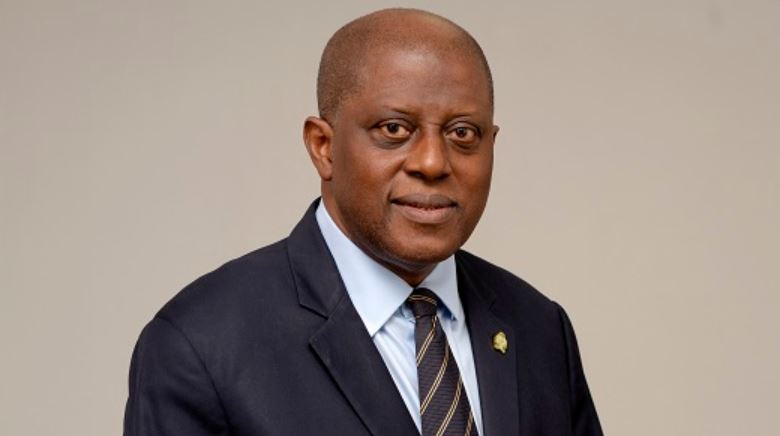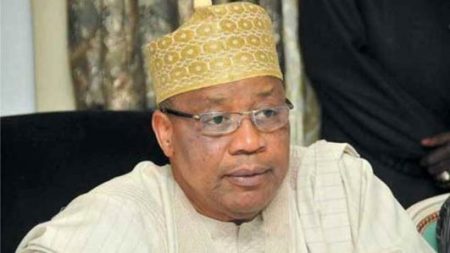The Governor of the Central Bank of Nigeria (CBN), Mr. Olayemi Cardoso, has issued a clarion call to the telecommunications industry, urging a significant shift towards backward integration. This strategic move, he emphasized, would entail localizing crucial supply chains within Nigeria, thereby lessening the sector’s reliance on foreign exchange. Cardoso’s appeal underscores the importance of domestic production for essential components like SIM cards, cables, and telecommunications towers. By producing these items within the country, the telecom industry can contribute significantly to reducing the demand for dollars, stimulating job creation, and bolstering the overall Nigerian economy. This call to action reflects the CBN’s commitment to strengthening domestic industries and promoting self-sufficiency in critical sectors.
Cardoso’s pronouncements came during a meeting with the leadership of Airtel Africa, a major telecommunications player in the region. The Airtel delegation, led by Group Chief Executive Officer Mr. Sunil Taldar, paid a courtesy visit to the CBN Governor in Abuja. During the meeting, Cardoso highlighted the strides made by the CBN in stabilizing the foreign exchange market over the past 16 months. He pointed to the strengthening of the naira, increased investor confidence in the Nigerian economy, and the imperative for telecom companies to capitalize on these gains by embracing local production. This strategic alignment, according to the Governor, is crucial for sustaining the positive economic trajectory.
The CBN’s focus extends beyond import substitution to encompass a broader vision of financial inclusion and digital payment solutions. Governor Cardoso unveiled plans for a high-level summit, bringing together key stakeholders to strategize on expanding financial accessibility, particularly for underserved and rural communities. This initiative, he emphasized, is pivotal in bridging the financial divide and ensuring that the benefits of economic growth reach all segments of the Nigerian population. The CBN’s commitment to fostering a more inclusive and technologically advanced financial ecosystem was further reiterated, underscoring the importance of a competitive and innovative environment for both telecom operators and financial service providers.
Cardoso’s vision for a more financially inclusive Nigeria is rooted in the belief that technology can be a powerful catalyst for economic empowerment. He envisions a future where digital financial services are readily available to all Nigerians, regardless of their location or socioeconomic status. This transformative approach, he believes, will not only boost economic activity but also improve the lives of millions by providing access to essential financial tools and services. The CBN’s commitment to this goal is evident in its proactive engagement with industry players and its determination to create a regulatory framework that supports innovation and competition.
In response to the CBN’s call for backward integration and financial inclusion, Airtel Africa’s Group CEO, Sunil Taldar, expressed strong support. He acknowledged the long-term benefits of reducing reliance on foreign exchange, both for telecom operators and the broader Nigerian economy. Taldar reaffirmed Airtel’s commitment to promoting financial inclusion through technology-driven solutions and pledged continued collaboration with regulators to drive digitization and economic growth. This commitment to partnering with the CBN reflects Airtel’s recognition of the transformative potential of digital finance in Nigeria.
The meeting between the CBN Governor and Airtel’s leadership signifies a shared vision for a more robust and inclusive Nigerian economy. The emphasis on backward integration in the telecom sector, coupled with the drive for greater financial inclusion, represents a strategic approach to sustainable economic development. By leveraging technology and fostering domestic production, Nigeria aims to create a more resilient and prosperous future for all its citizens. The collaboration between the regulatory body and a key industry player like Airtel underscores the importance of public-private partnerships in achieving these ambitious goals.












